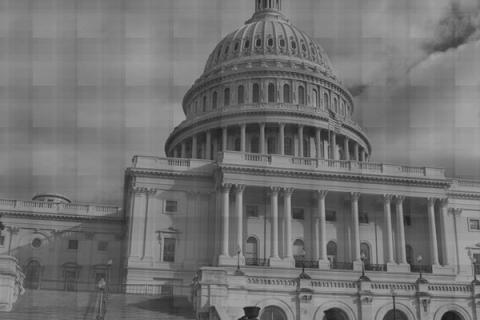Nonpartisan, or 'decline to state', voters represent the fastest growing segment of California's electorate. Generally speaking, these independents are highly educated, fiscally conservative, and socially moderate. Not tied to either parisan ideology, independent voters have supported both Democrats and Republicans in the golden state, and because of their rapidly growing influence, both major parties are mounting more serious efforts to win their critical votes.
According to recent polling, California independents appear to be more educated than Republicans and Democrats, more apathetic toward unions than Democrats, and more Latino and more secular than most Republicans. Currently, they seem to support Democrat Barbara Boxer in the US Senate race, but in the gubernatorial race, they seem to like Republican Meg Whitman. In the past, they've supported both Dianne Feinstein and Arnold Schwarzenegger, demonstrating a clear cut bipartisan taste.
Dan Schnur, of USC's Jesse M. Unruh Institute of Politics, might have summed up California's independent voters best, stating:
Our generation grew up with three TV networks and five buttons on the car radio, he said. But these newest voters have never known a world without hundreds of cable stations and an infinite number of Internet sites. For someone who can watch 12 HBOs and six ESPNs, being limited to a binary choice in politics is completely unreasonable.
However, while independents eschew blind partisanship and are fast becoming a powerful political force, California's back-breaking budget deficits, crushing debt, record unemployment, and broken government may reveal that for all the discussion of objective, open-minded pragmatism, independent voters have not been making the wisest of political choices.
At some point, independents will need to start effecting real change at the voting booth.
